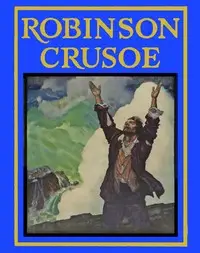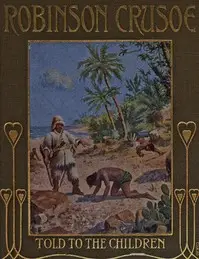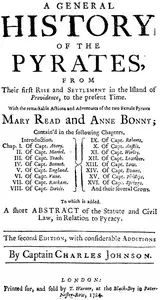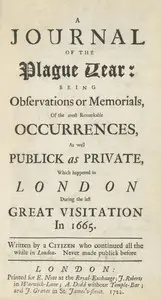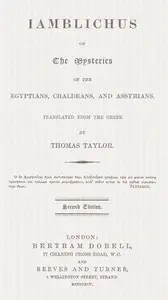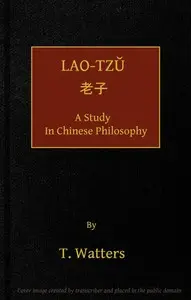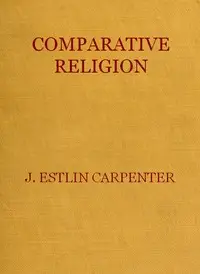"Dickory Cronke: The Dumb Philosopher, or, Great Britain's Wonder" by Daniel Defoe is an early 18th-century narrative focused on Dickory Cronke, a mute man from Cornwall, England, who lived this way for fifty-eight years until a surprising event just before he died. The story looks into his profound reflections and philosophical insights developed from his unique experience of the world, showing how he evolved from a frail child into a well-regarded person. In overcoming his challenges, his intelligence shines, and after a life marked by seclusion and service, he miraculously gains the power of speech near the end of his life, prompting thoughtful musings on existence, human behavior, European matters, and spirituality. Presenting Cronke’s journey as an example of virtue, his life culminates in a meaningful reflection on the human experience, offering an insightful perspective on humanity.

Dickory Cronke: The Dumb Philosopher, or, Great Britain's Wonder
By Daniel Defoe
Born unable to speak, a man's sudden ability to do so after nearly six decades unlocks a flood of wisdom about life, death, and the world.
Summary
About the AuthorDaniel Defoe was an English novelist, journalist, merchant, pamphleteer and spy. He is most famous for his novel Robinson Crusoe, published in 1719, which is claimed to be second only to the Bible in its number of translations. He has been seen as one of the earliest proponents of the English novel, and helped to popularise the form in Britain with others such as Aphra Behn and Samuel Richardson. Defoe wrote many political tracts, was often in trouble with the authorities, and spent a period in prison. Intellectuals and political leaders paid attention to his fresh ideas and sometimes consulted him.
Daniel Defoe was an English novelist, journalist, merchant, pamphleteer and spy. He is most famous for his novel Robinson Crusoe, published in 1719, which is claimed to be second only to the Bible in its number of translations. He has been seen as one of the earliest proponents of the English novel, and helped to popularise the form in Britain with others such as Aphra Behn and Samuel Richardson. Defoe wrote many political tracts, was often in trouble with the authorities, and spent a period in prison. Intellectuals and political leaders paid attention to his fresh ideas and sometimes consulted him.




